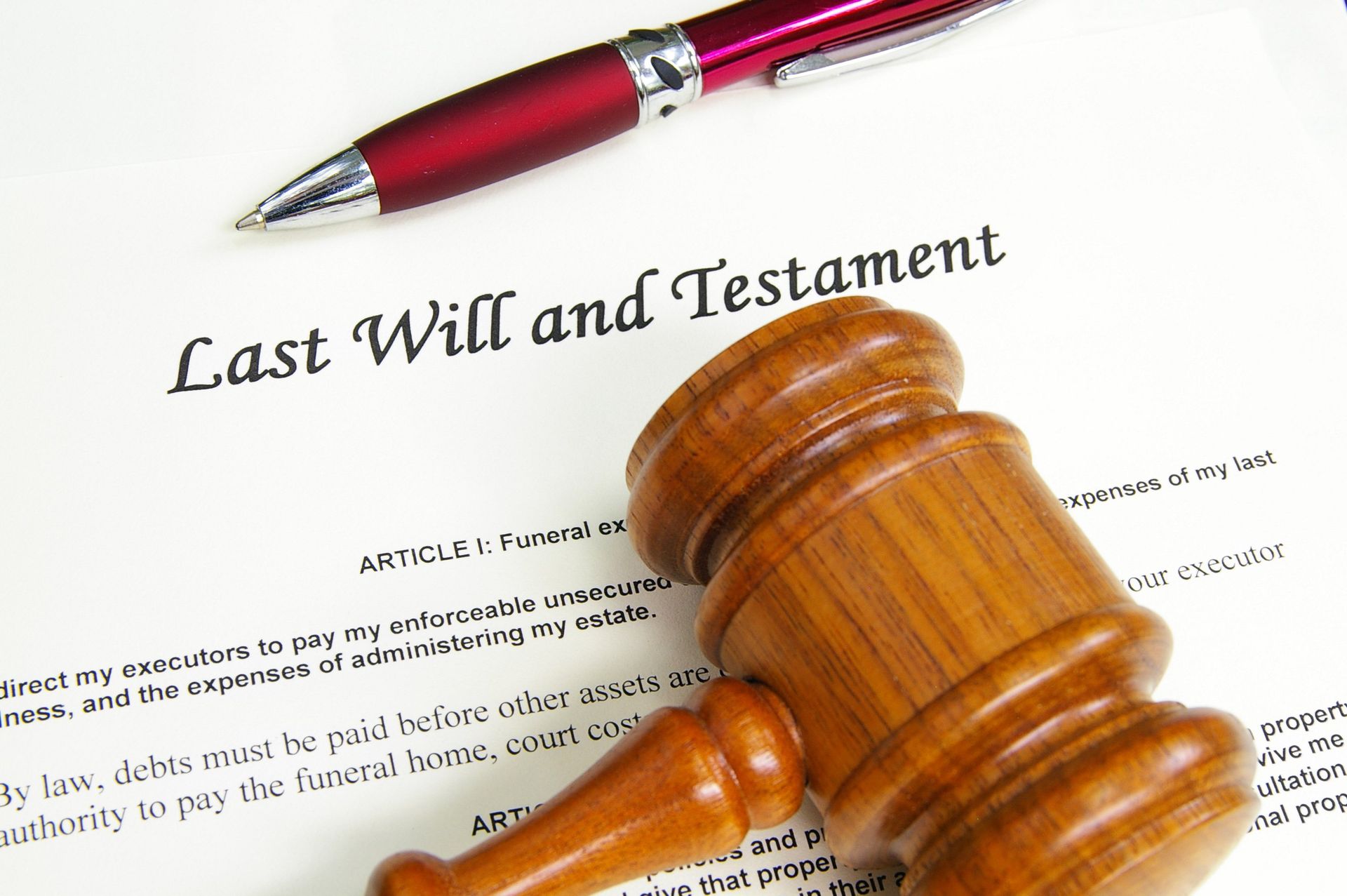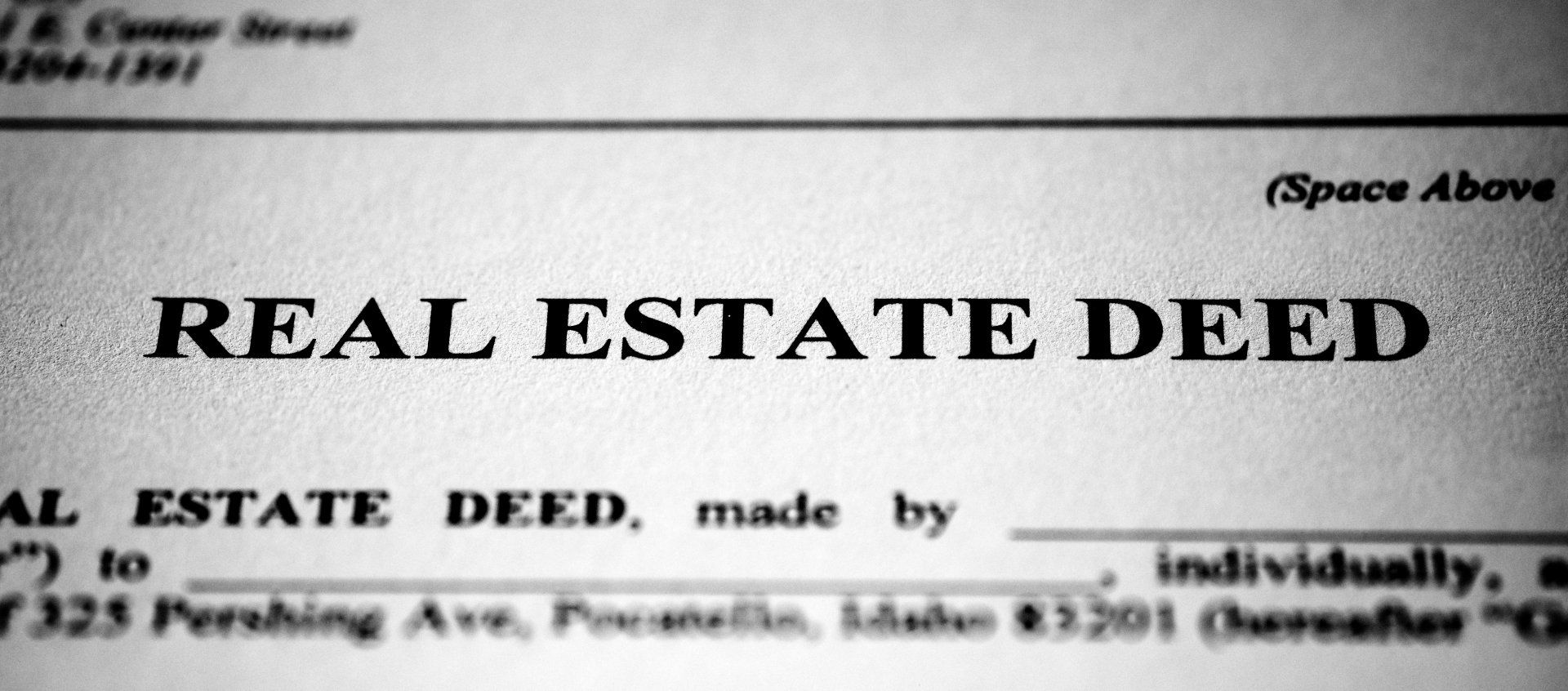DWI vs. DWAI in New York
The Difference Between a DWI and DWAI in New York State
Understanding the Legal Definitions
At Walter L. Rooth III, Attorney, we know that facing any type of impaired driving charge in New York can be overwhelming. Two of the most common offenses are DWI (Driving While Intoxicated) and DWAI (Driving While Ability Impaired), and while they may sound similar, they carry very different legal definitions and consequences under New York law.
What Constitutes a DWI in NY
A DWI charge in New York typically applies when a driver has a blood alcohol content (BAC) of 0.08% or higher. It also includes impairment from drugs or a combination of drugs and alcohol. This is considered a criminal offense, often a misdemeanor on the first charge, but it can rise to a felony if there are prior convictions or aggravating factors like a child passenger or an accident causing injury.
What Constitutes a DWAI in NY
A DWAI, on the other hand, stands for Driving While Ability Impaired, and there are two types: DWAI-Alcohol and DWAI-Drugs. A DWAI-Alcohol can be charged when a driver’s BAC is between 0.05% and 0.07%, or if there’s other evidence of impairment even below 0.08%. It’s usually classified as a traffic infraction, not a criminal misdemeanor, although DWAI-Drugs is treated as a criminal offense.
Key Differences and Similarities
Despite being a lesser offense than a DWI, a DWAI still carries serious penalties—fines, license suspensions, and even potential jail time. Multiple DWAI convictions can escalate to criminal charges, and they can significantly affect your driving record and insurance rates.
How We Can Help
At our Hamburg law office, we help clients understand the nuances between these charges and work to minimize the consequences. Each case is different, and that’s why we take the time to thoroughly examine the facts, review the evidence, and develop a defense strategy based on your specific circumstances. If you’ve been charged with DWI or DWAI in Western New York, don’t face it alone. Call us at 716-351-3878 to schedule a consultation. We’re here to protect your rights and provide the guidance you need to move forward.









